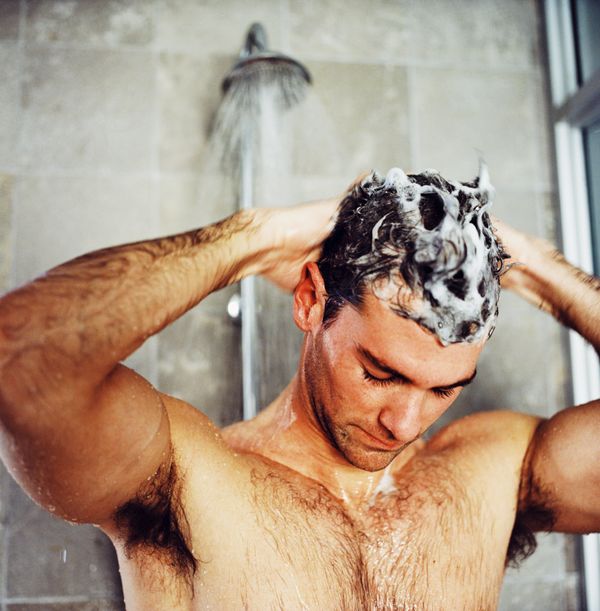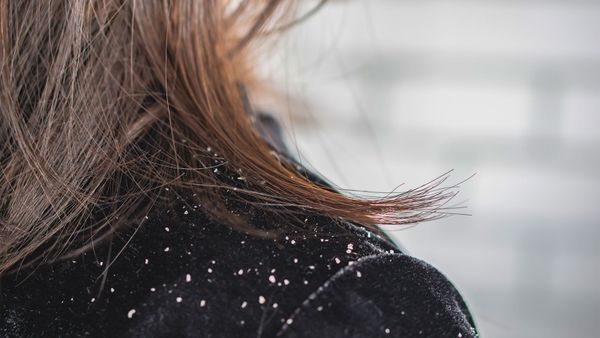You might be someone who fusses with your hair on some level. Maybe you fret over your hair type, pick at your split ends or look for those dry flakes that cascade off when you scratch your head. Not everyone has that Hollywood hair with a perfect scalp to match. One thing's for certain, though, if you want great hair, you'll need a great scalp, too.
Before you jump into all the various scalp treatments out there today, there's one myth that you should know about right off the bat. If you enjoy sitting at the hair salon getting a good scalp massage as part of your treatment, you might be wondering whether such a luxury could help your scalp problems or make them magically disappear. The fact is that no amount of scalp massage will cure your scalp problems. You can't massage away an oily scalp or massage up some extra oil production to treat a dry scalp. However, a good one can increase the blood flow to your head and release hormones that can improve your mood [source: WebMD]. So don't ditch the scalp massage just yet; instead, think of it more as an add-on at the hair salon that can raise your spirits but not cure your dry or oily scalp by itself.
Advertisement
One of the best ways to help a scalp that has excessive dryness or oiliness -- or other chronic skin conditions -- is with a scalp treatment. You might need to see a doctor for help with more severe conditions, but many of these treatments are very accessible and can easily become part of your daily routine. If you have an oily scalp, for example, read on to learn about what you can do to keep your scalp -- and as a result, your hair -- from feeling greasy.


